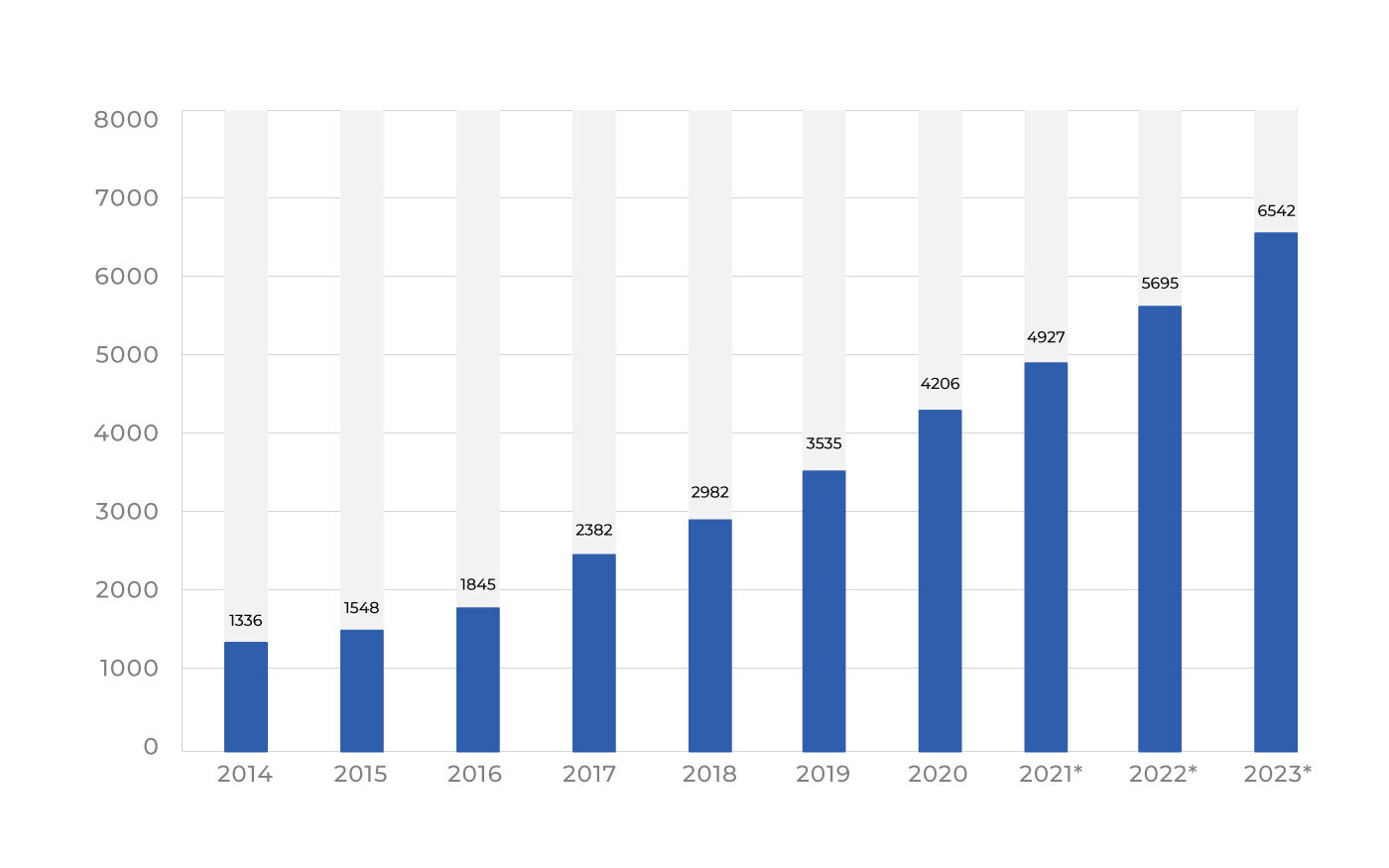In recent years, online sales have profoundly transformed the landscape of many industries—and the industrial sector is no exception. With the advancement of digital technologies and evolving consumer behaviors, e-commerce in the industrial world is undergoing rapid evolution. Companies across various segments, from mechanical components to industrial equipment, are adopting e-commerce platforms to reach a global audience, streamline purchasing processes, and enhance operational efficiency.
In this article, we’ll explore the key trends and opportunities that the future of online sales holds for the industrial sector, and how businesses can adapt and thrive in this new digital landscape.
🌍 The Digitalization of the Industrial Sector
Digitalization is reshaping how industrial companies interact with their customers. E-commerce platforms are becoming more advanced, offering tailored solutions for purchasing industrial components, specialized equipment, and technical services. Beyond the convenience of online buying, digitalization also provides opportunities to improve inventory management, reduce lead times, and optimize internal operations.
1. Specialized E-Commerce Platforms
Companies are developing specialized e-commerce platforms for the industrial sector, featuring advanced capabilities such as product code search, bulk corporate order support, product customization, and access to technical documentation. These platforms are becoming essential tools for B2B (Business-to-Business) purchases, providing full visibility of available solutions and allowing customers to order directly online.
2. Automation and Artificial Intelligence (AI)
The adoption of automated systems and artificial intelligence is facilitating product personalization and automating purchasing processes. Companies are using chatbots to assist customers in real time, analyze purchasing data to forecast future demand, and optimize stock management. AI can also create personalized shopping experiences, recommending complementary products or upgrades to existing solutions.
📈 Main Trends in Online Sales for the Industrial Sector
1. Increasing Online B2B Purchases
According to recent studies, 73% of B2B companies plan to increase their online purchasing budgets in the coming years. The convenience and speed of digital buying are becoming more valued, and industrial buyers are seeking quick, efficient solutions. Advanced search tools and easy access to information are making online purchasing a preferred option, even for large-volume and complex product orders.
2. Industrial Marketplaces
Another growing trend is the rise of industrial marketplaces. Platforms like Amazon Business, Alibaba, and other B2B e-commerce portals are becoming key channels for buying equipment and components. These marketplaces offer a wide range of suppliers and products, competitive pricing, and streamlined payment options, allowing companies to compare offers and make informed decisions quickly.
3. Online Product Customization and Configuration
Industrial buyers, especially those in design and manufacturing, are looking for tools that enable online product customization and configuration. B2B platforms are beginning to offer configuration tools that allow users to select materials, specifications, and accessories—helping deliver tailored products that meet exact requirements without needing direct vendor interaction.
4. Sustainability and Traceability
Sustainability is also becoming a key focus in online industrial sales. Companies are increasingly interested in buying products that meet eco-friendly standards and offer full traceability. E-commerce platforms are integrating tools to track environmental impact—such as certifications for green materials and the option to purchase low-impact products.
💡 Opportunities for Industrial Companies
1. Global Market Expansion
E-commerce allows industrial companies to expand globally. Digital platforms enable businesses to reach international customers without the need for physical branches or local distributors. Online payment processing and global shipping systems make international operations easier and more cost-effective.
2. Supply Chain and Logistics Optimization
Online sales help optimize supply chains and logistics. By integrating automated management systems, companies can track order status in real time and provide accurate delivery estimates. This improves inventory management and increases operational efficiency.
3. Improved Customer Experience
Delivering a great customer experience is essential for long-term loyalty. Online platforms can collect real-time feedback, analyze customer preferences, and continuously improve service—both in terms of support and delivery speed.
🚀 Conclusion
The future of online sales in the industrial sector is full of opportunities and innovation. Companies that embrace technologies like AI, B2B marketplaces, and online configuration tools will boost operational efficiency and reach new markets. The key to success lies in adapting quickly to new trends and market demands, while offering increasingly personalized and digitized solutions.
Investing in e-commerce and continuously enhancing the customer experience is a strategic move for all industrial businesses ready to lead the sector into the future.

